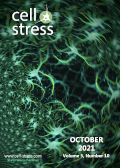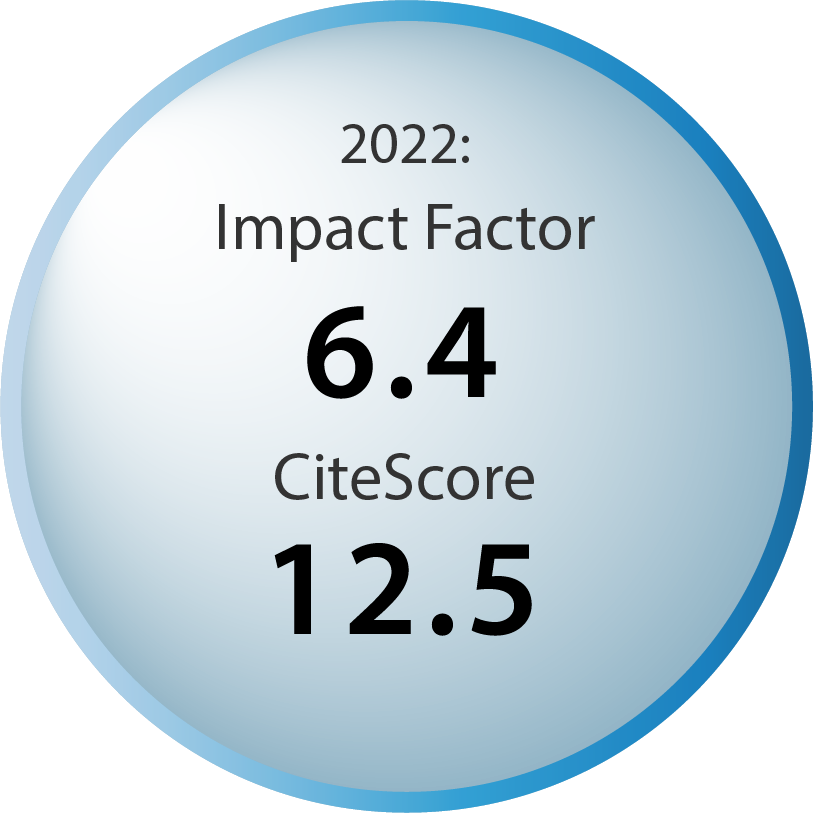Table of contents
Volume 5, Issue 10, pp. 146 - 166, October 2021
Cover: This month in
Cell Stress: The role of macroautophagy in neuronal aging. Image depicts a fractal of cultured rat hippocampal neurons, stained with Anti-Tubulin and Anti-MAP2 antibodies. Image Credit: ZEISS Microscopy via
Flickr (licensed under a
CC BY 2.0 license.) Sample courtesy of Stefanie Kaech & Gary Banker, OHSU, Oregon, USA. Image modified by
Cell Stress. The cover is published under the
CC BY 4.0 license.
Enlarge issue cover
Macroautophagy and normal aging of the nervous system: Lessons from animal models
Emmanouela Kallergi and Vassiliki Nikoletopoulou
Reviews |
page 146-166 | 10.15698/cst2021.10.257 | Full text | PDF |
Abstract
Aging represents a cumulative form of cellular stress, which is thought to challenge many aspects of proteostasis. The non-dividing, long-lived neurons are particularly vulnerable to stress, and, not surprisingly, even normal aging is highly associated with a decline in brain function in humans, as well as in other animals. Macroautophagy is a fundamental arm of the proteostasis network, safeguarding proper protein turnover during different cellular states and against diverse cellular stressors. An intricate interplay between macroautophagy and aging is beginning to unravel, with the emergence of new tools, including those for monitoring autophagy in cultured neurons and in the nervous system of different organisms in vivo. Here, we review recent findings on the impact of aging on neuronal integrity and on neuronal macroautophagy, as they emerge from studies in invertebrate and mammalian models.



